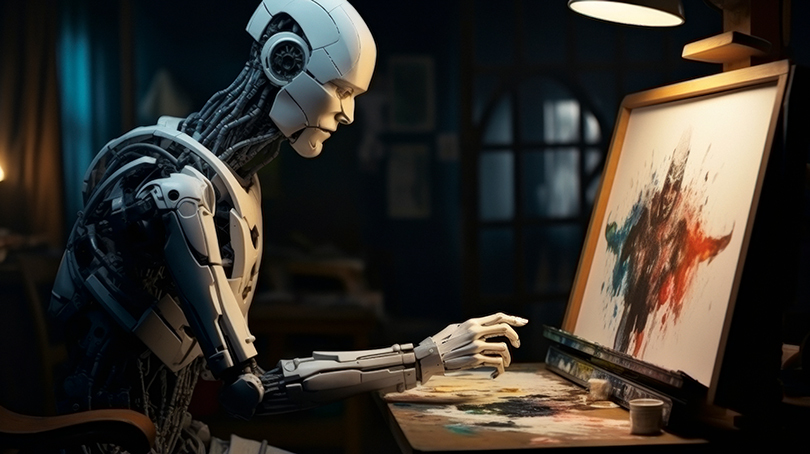Artificial intelligence is no longer a distant future—it’s a reality that is transforming our lives and work. While AI assists some professions, it can fully replace others. Does this mean robots will take over the world? No, but if your job falls into one of these categories, it’s worth keeping an eye on technological advancements.
- Cashiers and Sales Associates
Self-checkout kiosks have been around for years, and major companies are testing cashier-less stores where systems automatically track purchases. More businesses are automating processes, gradually eliminating the need for cashiers.

- Customer Support Operators
You’ve probably interacted with chatbots before. AI is becoming smarter and responding to customer inquiries faster. Many companies now use voice assistants that sound almost human. While people are still needed for complex issues, AI is taking over most routine interactions.
- Data Entry Clerks
Previously, people manually filled databases—now, algorithms handle it. AI easily recognizes text, extracts necessary information, and inputs it into systems automatically. Over time, these jobs may disappear completely.
- Legal Assistants
Finding the right laws and preparing documents used to take hours; now, it takes minutes. AI analyzes contracts, searches for legal precedents, and even predicts case outcomes. Lawyers will remain, but many of their assistants may need to find new jobs.
- Travel Agents
Services like Expedia and Google Flights allow travelers to book trips without assistance. AI finds the best routes, compares prices, and even handles ticket cancellations. Travel agencies are still needed for complex tours, but experienced travelers often bypass them entirely.

- Factory and Warehouse Workers
Automation has already replaced many workers, and now AI-powered robots are learning and working even more efficiently. Companies like Amazon and Tesla are heavily investing in automated warehouses and manufacturing, reducing the number of jobs in these sectors.

- Taxi and Truck Drivers
Self-driving vehicles are a reality. Tesla and Waymo are testing autonomous cars, and experts predict they will soon become common. This could lead to a decline in jobs in taxi and freight transportation.
- Financial Analysts
AI analyzes market trends, predicts investor behavior, and even makes financial decisions. While humans remain crucial for strategic planning, routine financial analysis is increasingly entrusted to algorithms.
- Graphic Designers
AI can now create images in seconds. Tools like MidJourney and DALL·E are competing with human designers, generating visuals instantly. While designers are still needed for complex projects, simpler tasks—such as social media banners—are already being handled by AI.

- Journalists and Copywriters
AI writes news articles, blog posts, and advertisements by processing vast amounts of information and adapting to different styles. Some companies already use AI-generated content. However, human creativity, emotions, and unique storytelling remain valuable strengths for journalists.
Should We Be Worried?
It’s not all bad news. AI doesn’t just replace jobs—it also creates new ones. Emerging roles include AI trainers, digital ethics specialists, and neural network engineers. Fields that require creativity, empathy, and critical thinking will remain in demand.
The key is not to fear change but to learn and adapt. The future will be different, but not necessarily worse. Whether you’re a cashier, designer, or writer, staying open to new technologies will help you remain relevant.






